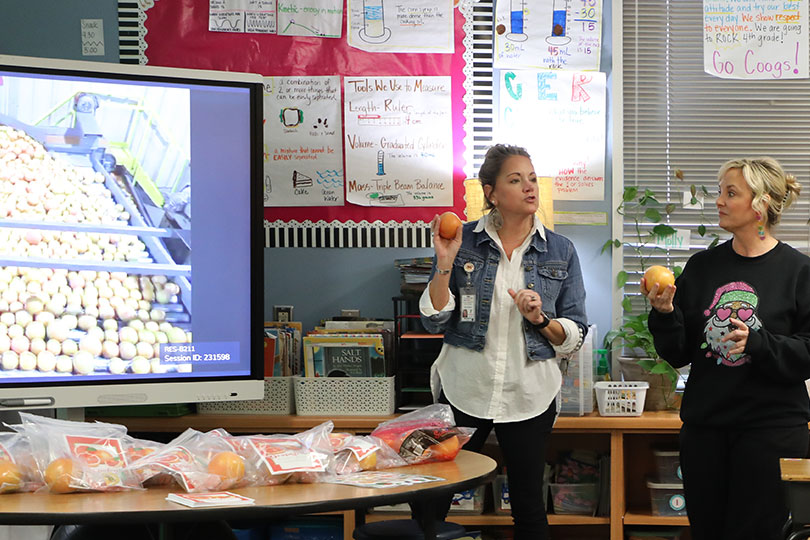By Shelby Shank
Field Editor
Lawmakers are working to prepare the next generation for careers in agriculture with the Growing Opportunities in Agriculture (GO Ag) Act.
The bill, introduced by U.S. Reps. Glenn “GT” Thompson (R-PA), Mark Alford (R-MO), Henry Cuellar (D-TX) and Jimmy Panetta (D-CA), aim to provide funding for high schools to create new agricultural education programs to help students gain hands-on skills and career-ready experience in agricultural fields.
The GO Ag Act would create a $5 million competitive grant program. The funds could be used for classroom and laboratory instruction, teacher salaries and curriculum development. Awards would be capped at $100,000 per recipient for up to five years.
The U.S. Department of Education would administer the program.
To qualify, districts must show the program doesn’t already exist, identify eligible partners and their roles, outline how they will cover unfunded expenses and describe plans for sustaining the program after the grant ends.
The 2022 U.S. Census of Agriculture reported the average age of the American farmer is 58 years old, and in Texas, the average age rises to 60. While the number of beginning and young farmers is growing, they remain a small fraction of the workforce. The GO Ag Act addresses this challenge by equipping students with the skills needed for long-term careers in agriculture.
“The GO Ag Act is a direct, practical step to give our students and educators the tools and training they need to keep America’s farms strong and competitive,” Cuellar said. “Agriculture is the backbone of South Texas, and the GO Ag Act gives students the tools they need to succeed whether they’re pushing careers in science, business or hands-on farming. This bipartisan bill strengthens our rural communities, secures our food supply and supports the future of our agricultural economy.”
The GO Ag Act requires programs to reflect the needs of local, regional or state employers, based on a “comprehensive needs assessment” under the federal Carl D. Perkins Career and Technical Education Act.
Partnerships are encouraged with colleges or universities, local or regional businesses, labor organizations and workforce boards, but programs that exist solely to funnel students into jobs with a single partner are not eligible.
Grant recipients would be required to complete an independent evaluation, submit annual reports to the Department of Education on how funds were used and how students performed on career and technical education indicators and provide date for third-party validation in compliance with federal privacy laws.
The bill, which Texas Farm Bureau supports, was introduced in August and has been referred to the U.S. House Committee on Education and the Workforce for consideration.


Leave A Comment